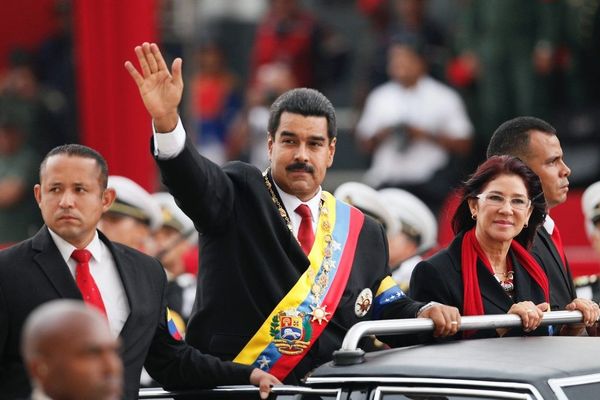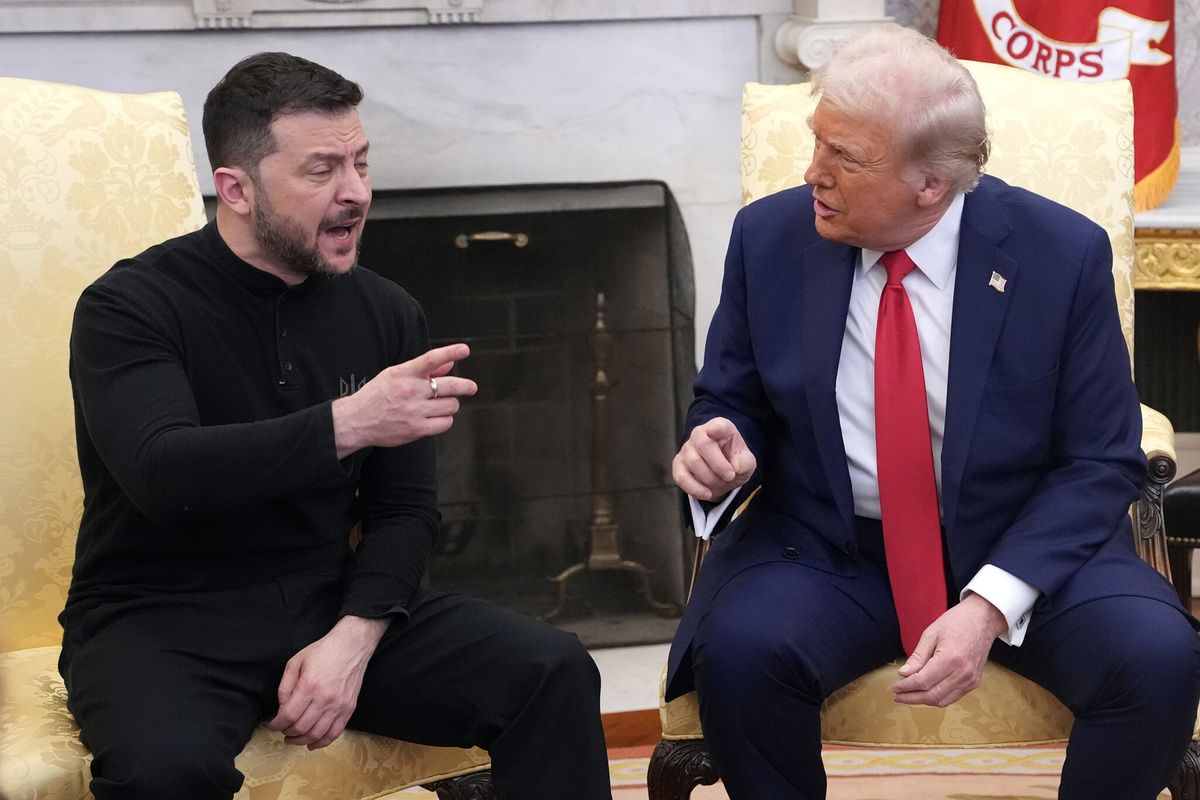Kim Jong-un’s New Year’s speech has triggered fevered speculation about the possibility of an impending North Korean intercontinental ballistic missile (ICBM) test, even provoking President-elect Donald Trump to tweet, “it won’t happen.” Yet for anyone paying attention to North Korea’s development of weapons of mass destruction (WMD), the prospect of an ICBM test is no surprise, since a road-mobile long-range missile has been under development for some time.
While there has been speculation that the first test could happen around President-elect Trump’s inauguration, the track record of expert prognostications about the exact timing of North Korean provocations is exceedingly poor. Having said that, the likelihood of North Korean nuclear and missile tests over the next six months is fairly high if the Trump administration continues the Obama administration’s unsuccessful approach of "strategic patience," which focused on getting China to put so much pressure on Pyongyang that it stops these practices. Within this six-month window, new nuclear or missile tests are most likely in the aftermath of the Joint US-ROK exercises currently scheduled for February and March, which in the past have invariably ignited harsh rhetoric from the North and occasionally concrete action.
A nuclear or missile test would pose a vexing problem for the new president, and he would have few good options for an effective response. Rather than wait until a test occurs before taking action as the Obama administration did many times over the past eight years, trying to avert this challenge should be a top priority of the new administration. A near-term crisis prevention strategy— all part of a more comprehensive long-term strategy to establish a nuclear-free Korean peninsula and a permanent peace regime—would consist of the following elements:
- The administration should communicate publicly and privately to the North—directly rather than through China—a new openness to serious diplomacy to address all issues of “mutual concern.” A first step in this direction would be to convene “talks about talks” to discuss resuming formal negotiations. In addition, as part of this initiative, the “New York Channel” of government-to-government communication, which was shut down last July, should be re-opened in order for U.S diplomatic engagement with the North to gain traction. A resumption of dialogue at this level should be supplemented by a private high-level initiative aimed directly at Kim.
- Washington should reject North Korean demands to suspend the upcoming joint exercises but take steps to ensure that the public messaging is restrained—for example by clamping down on talk about decapitating the North Korean leadership. Moreover, unless there is another nuclear test in the next month, the exercises should not include overt nuclear threats, such as over-flights of long-range nuclear-capable bombers.
- To be successful, “talks about talks” will probably need to do two things. First, begin to address and reach agreement on mutual confidence building measures—such as scaling back, modifying or suspending future joint exercises in return for North Korea observing a moratorium on nuclear tests and missile launches. The purpose would be to create the right atmosphere for formal negotiations to have a chance. And second, they would have to reach agreement on an agenda for formal talks that address both sides’ priorities—for the Americans, a nuclear-free Korean peninsula and for the North Koreans, a permanent peace agreement.
No one should be under any illusion that even if formal talks begin, that it will be easy. It will be long and difficult, probably focusing on a phased-process of reciprocal steps. It is entirely possible, of course, that Pyongyang will show that it is more interested in expanding its missile and nuclear arsenal than in finding a negotiating path forward. How should the Trump administration respond? A military strike to remove the North Korean ICBM threat before it menaces the United States, as some experts have advocated, would be reckless and irresponsible: it has low odds of success, would also be opposed by Korea and Japan, and draw China into what would likely be a devastating second Korean War.
Rather, the administration should establish a much more robust regime of containing Pyongyang than exists today. It would have no choice in these circumstances other than to:
- seek UNSC support for severe sanctions (e.g., an energy and non-food trade embargo on the North) or apply these sanctions unilaterally, including secondary sanctions against Beijing, if China blocks effective UN action
- step up deployments of dual-capable aircraft and SSBNs to the Korean peninsula
- implement additional conventional and missile defense improvements in the area to reassure Korea and Japan as well as bolster deterrence of a North Korean conventional attack
All these measures are fraught with serious risks, costs, and consequences. The president-elect has shown that he can be pugnacious and pick fights. Can he be the type of leader who, as his mantra goes, negotiates peace through strength? Time is running out.














